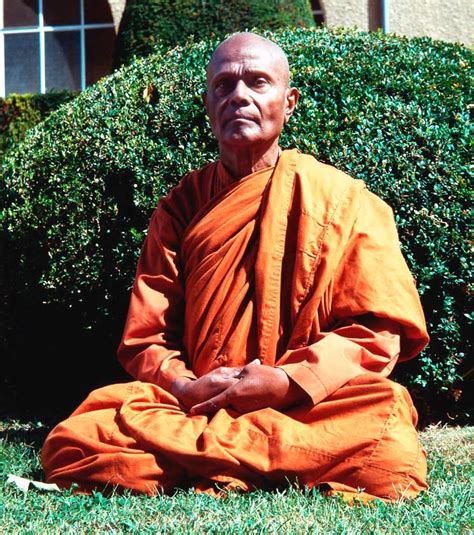A Quote by Rick Yancey
The beautiful wooden board on a stand in my father's study. The gleaming ivory pieces. The stern king. The haughty queen. The noble knight. The pious bishop. And the game itself, the way each piece contributed its individual power to the whole. It was simple. It was complex. It was savage; it was elegant. It was a dance; it was a war. It was finite and eternal. It was life.
Related Quotes
We are all part of a universal game. Returning to our essence while living in the world is the object of the game. The earth is the game board, and we are the pieces on the board. We move around and around until we remember who we really are, and then we can be taken off the board. At that point, we are no longer the game-piece, but the player; we've won the game.
He is the so-called father of the modern school of chess; before him, the King was considered a weak piece and players set out to attack the King directly. Steinitz claimed that the King was well able to take care of itself, and ought not to be attacked until one had some other positional advantage. He understood more about the use of squares than Morphy and contributed a great deal more to chess theory.
Verse in itself does not constitute poetry. Verse is only an elegant vestment for a beautiful form. Poetry can express itself in prose, but it does so more perfectly under the grace and majesty of verse. It is poetry of soul that inspires noble sentiments and noble actions as well as noble writings.
Each of us contributes our own piece to the whole, each in our own way, each in our own time with the gifts and talents that are ours. You ask about possible vehicles for change: question, stand, speak, act. Engage in unruly behavior. Disturb the status quo. Take direct action. Commit civil disobedience. Make art. Build community. Dance. Sing. Farm. Cook. Create something beautiful and then give it away. Find your own monkey wrench and use it with the force of love. Sharpen your pencil. Vote.
Buddhism advises you not to implant feelings that you don’t really have or avoid feelings that you do have. If you are miserable you are miserable; that is the reality, that is what is happening, so confront that. Look it square in the eye without flinching. When you are having a bad time, examine that experience, observe it mindfully, study the phenomenon and learn its mechanics. The way out of a trap is to study the trap itself, learn how it is built. You do this by taking the thing apart piece by piece. The trap can’t trap you if it has been taken to pieces. The result is freedom.
Each individual is a cosmos of organs, each organ is a cosmos of cells, each cell is a cosmos of infinitely small ones; and in this complex world, the well-being of the whole depends entirely on the sum of well-being enjoyed by each of the least microscopic particles of organized matter. A whole revolution is thus produced in the philosophy of life.
Complexity has and will maintain a strong fascination for many people. It is true that we live in a complex world and strive to solve inherently complex problems, which often do require complex mechanisms. However, this should not diminish our desire for elegant solutions, which convince by their clarity and effectiveness. Simple, elegant solutions are more effective, but they are harder to find than complex ones, and they require more time, which we too often believe to be unaffordable
In choosing an opening plan players think most of all of harmonious development for the pieces, but sometimes leave the development of the queen out of their considerations. Yet the Queen is the most valuable and important piece and the whole outcome can depend upon how successfully she plays her role.






































